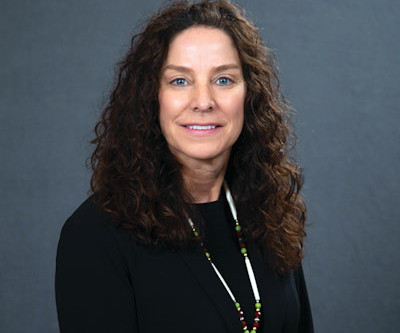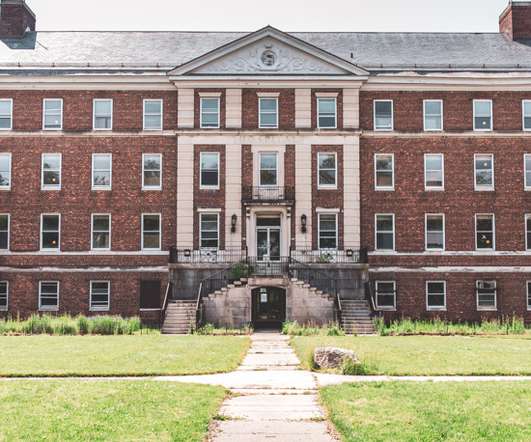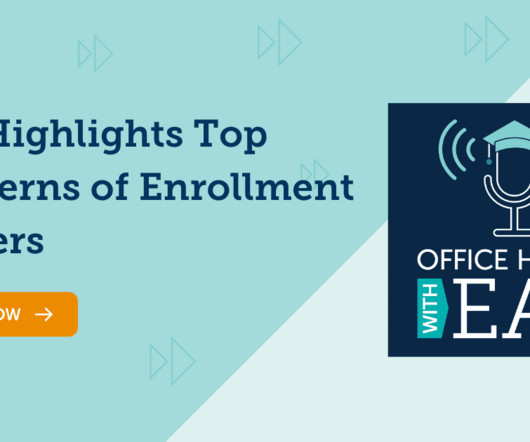Promoting Higher Education for Native Americans in Minnesota
Diverse: Issues in Higher Education
NOVEMBER 1, 2024
“The North Star Promise program is open to all Minnesota residents with a family Adjusted Gross Income (AGI) below $80,000, as reported on the Free Application for Federal Student Aid (FAFSA).” Of them, 2,718 were first-generation college students. The state’s FAFSA filing rate is up 11% from last year.













Let's personalize your content